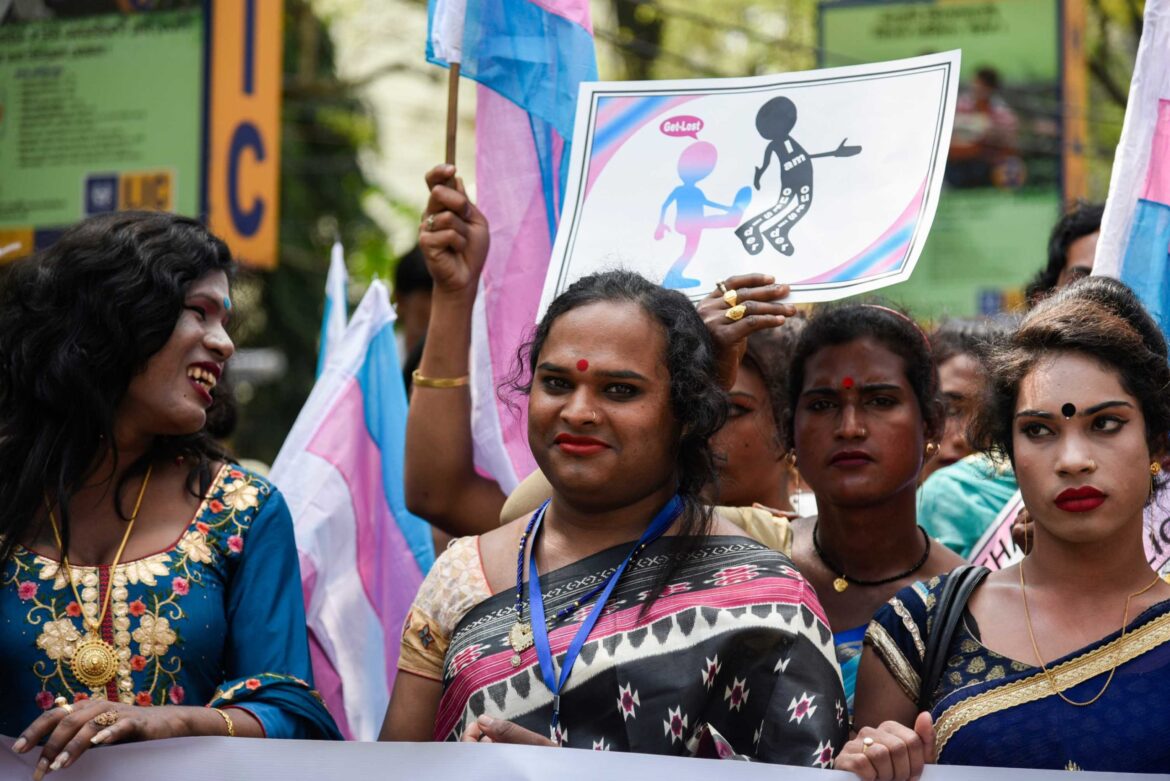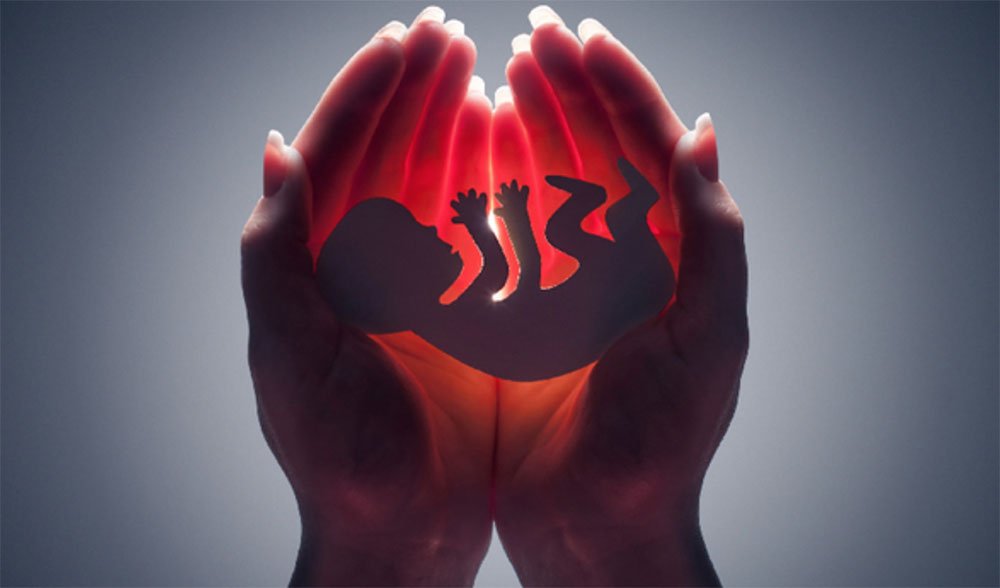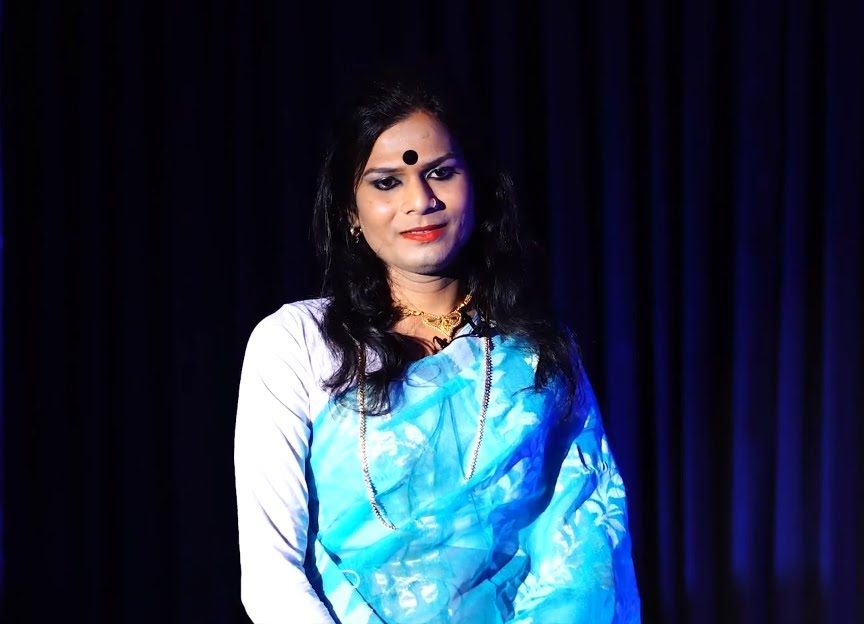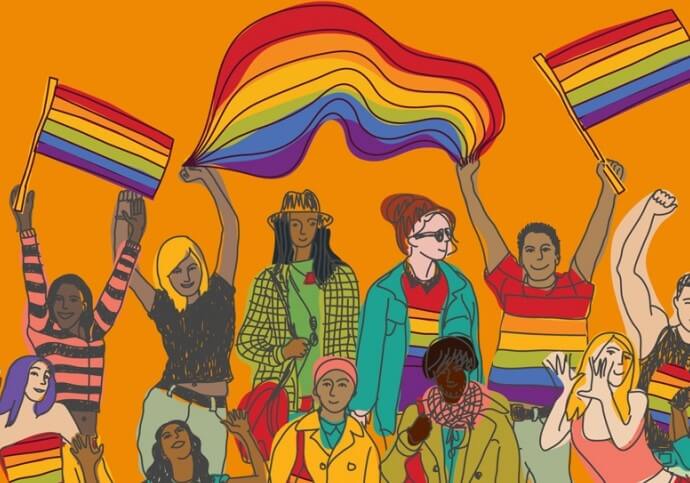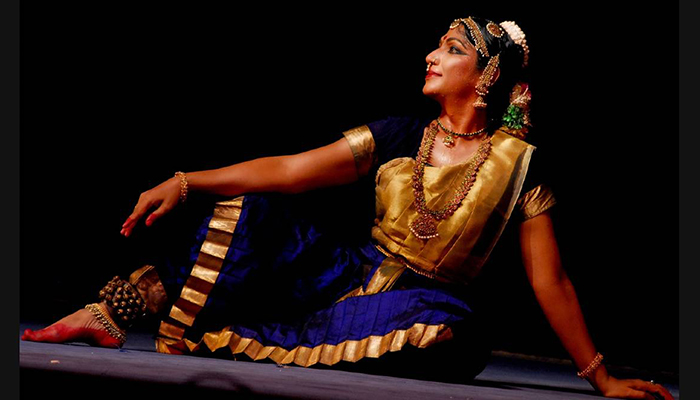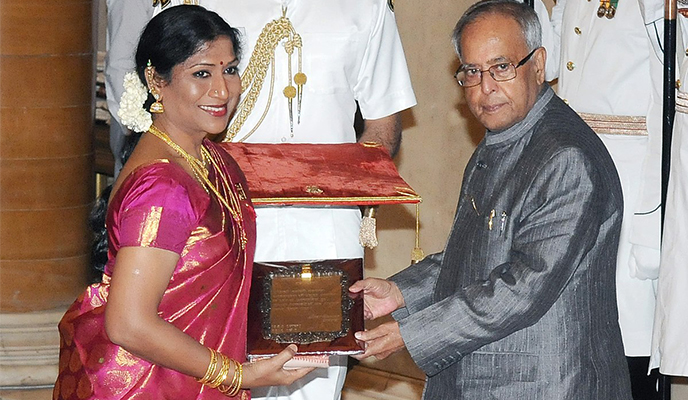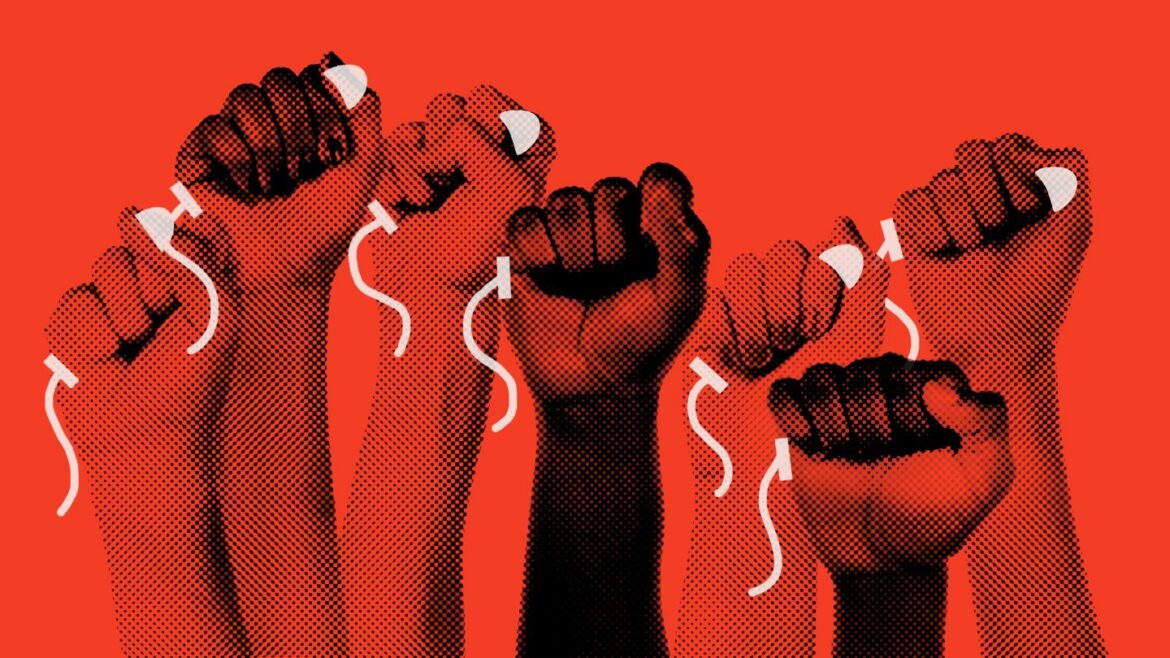By Shivangi Sharma
Recently, the Ministry of Social Justice and Empowerment sought the National Commission for Backward Classes’s advice on the issue of including transgender people in the OBC list. This move if implemented will amount to providing transgender persons ‘vertical reservations’ within the OBC community, effectively dispossessing them of their Constitutional Right of reservation under the already existing categories. Trans Rights Now Collective, an organisation fighting for the rights of Trans Community founded by Grace Banu held a press conference in Delhi demanding Horizontal Reservation for Transgender Persons and Intersex persons. This move has once again highlighted the lack of intersectionality in our fight for human rights and government’s welfare schemes.
When Kimberle Crenshaw coined the term “Intersectional Feminism”, she argued that black woman could not be understood without understanding the concepts of being both black and a woman independently but with intersecting parts that supplement each other. Individuals carry multiple social identities that accord them with certain privilege or make them vulnerable to oppression, attacking that very identity. In India, caste and gender based discrimination has prevailed for centuries and is still being carried forward by the hegemony of Brahminical patriarchy. Understanding intersectionality in Indian context begs the question of acknowledging that our world is largely divided by caste and gender binaries and caste discrimination further marginalizes the already oppressed communities. The remains of colonial structure of state has enabled this layered oppression and the same is reflected in government’s policies masquerading as “inclusive and progressive.”
The idea of granting reservation to Transgender persons stems from the year 2014 when the Supreme Court of India passed a judgment recognizing constitutional rights of transgender persons as equal citizens of this country (National Legal Services Authority v. Union of India (2014) 5 SCC 438 “NALSA judgment”). The Court held that the right to gender identity is inherent to one’s right to life autonomy and dignity and that people have the right to self-identify their gender. The judgment further went onto say that transgender and intersex persons are legally entitled and eligible to get the benefits of special provisions envisaged under Article 15(4) for the advancement of the socially and educationally backward classes (“SEBC”). The judgment effectively constitutionally bounds the State to grant them reservation in the cases of admission in educational institutions and for public appointments. Following this, in the same year, Rajya Sabha MP from DMK, Tiruchi Siva piloted a private member’s bill providing for reservation in employment and education for transgender and intersex persons. This was the first draft ever to come to the floor of Parliament for the protection of rights of Transgender persons. The definition in the bill did not include identity of Intersex persons, however, it proposed a scheme of horizontal reservation, providing reservation to transgender persons within the already existing reservation categories. Subsequently the central government in 2016 came up with the Transgender Persons (Protection of Rights) Bill 2016 which watered down the many progressive provisions of the previous Bill and provided with a very problematic definition of Transgender persons, reinforcing injurious stereotypes about transgender persons as being part male and part female and did not mention reservation inviting widespread protests from the members of the Trans community. Post this, a new Bill was surfaced in 2018 with the same name in an attempt to rectify the previous mistakes, but it hardly did away with any of those regressive provisions.
The press conference led by founder of the Trans Rights Now Collective, Grace threw light on how including all transgender persons under the OBC category will not recognise the caste status of transgender and intersex persons and amounts to injustice to the marginalised within the community. Grace is Dalit and Transgender rights activist and has been advocating for horizontal reservation for the trans community and challenging the cis-brahmanical patriarchy highlighting the struggles of Dalit-Transgender persons. In conversation with Grace about the intersectionality of gender and caste, she explains how the entrenched transphobia and casteism has pushed the Trans Community and people belonging to Dalit, Bahujan and Adivasi community (DBA) to be one the most underprivileged communities in India, socially, educationally and economically. Opposing the government’s move to categorise Transgender persons under OBC, Grace emphasises on how unjustified it is for a transgender person belonging to DBA community to give up their right and be identified as OBC while the state and society continue to discriminate against them on the basis of both their caste and gender identity.
“There is no recognition of Trans community and the situation is even worse in rural parts of the country. Trans people are not even accepted in their own families, forcing them to live impoverished lives of sex workers. Oppression and lack of awareness discourages trans people from coming out making their lives unsafe in their own homes and finally when they take that courageous step of coming out, the discrimination faced by them at the hands of state to get the right documentation for legal recognition exposes the transphobia and casteism inherent in our policies and actions.”
NALSA judgment did guarantee the right to self-identification, however, did not lay down any mechanism for the same and the Central and State government are yet to legislate on it. The mechanism mentioned in the proposed Bills invites several interventions by the state and medical professionals for people identifying as trans to be legally recognised as such, taking away their autonomy of self-identification. A person’s gender identity is a highly personal matter and the right to gender recognition must not hinge on a medical statement.
Grace also discusses the persisting casteism within the Rainbow Umbrella. “Savarnas don’t acknowledge our struggles and do not speak up against casteism. There is no solidarity from the Upper Caste people of the community further oppressing us.” She emphasises on education and employment in government sector that will pull the community out of poverty and oppression and for that, horizontal reservation in education institution and employment opportunities is a must.
Kanmani R, lawyer and Research Associate at Jindal Global Law School spoke about access, equality and Trans inclusion in education at the 5th National Conference on Transgender Rights and the Law conducted by the Centre for Law & Policy Research. Kanmani talks about how courts and judges across the country keep talking about representation of transgender people in courtrooms but they don’t explain how. The process of getting the right documentation to getting admissions in law schools is so unimaginably difficult, how do these judges expect transgender people to magically climb the ladder in the name of “representation”. The same is true for every sector of employment. She emphasises on asking for equality and access for Transgender persons rather than meagre “representation”.
Horizontal Reservation for Transgender and Intersex persons ensures that their caste identity is not invisiblised and their systematic oppression on multiple basis is not trivialised. Quotas for horizontal reservations cut across the quotas for vertical reservations in a manner that is called inter-locking reservations. In other words, a special reservation is provided within an existing category of social reservation, similar to reservation for women and persons with disability. This is also a form of recognising the intersection of multiple identities and resulting vulnerabilities. Karnataka State Government this year has become the first state to provide 1% reservation for transgender persons in employment for civil services posts across caste categories. This move from the state government came after the intervention of an organization working on the rights of transgender persons and sexual minorities Jeeva in Sangama v. State of Karnataka challenging a notification for recruitment to the State Police which did not have a ‘transgender’ category. State government in the litigation had expressed that they were in the process of providing reservation to Transgder persons within OBC category and the intervention led to government promulgating an amendment granting horizontal reservation.
Trans Rights Now Collective circulated a public statement demanding horizontal reservation for transgender persons, requesting endorsement from public. Their demand has also been endorsed by several MPs including Dr. Kanimozhi, Dr. Shashi Tharoor and Kanimozhi Karunannidhi. The statement can be accessed here.


